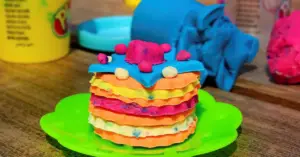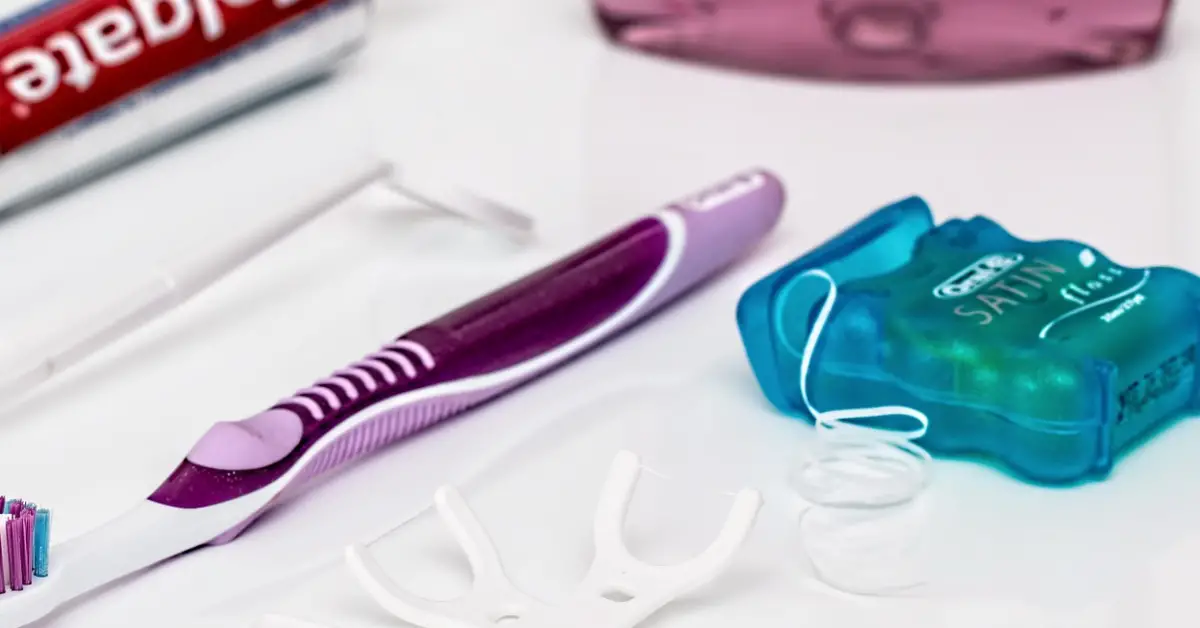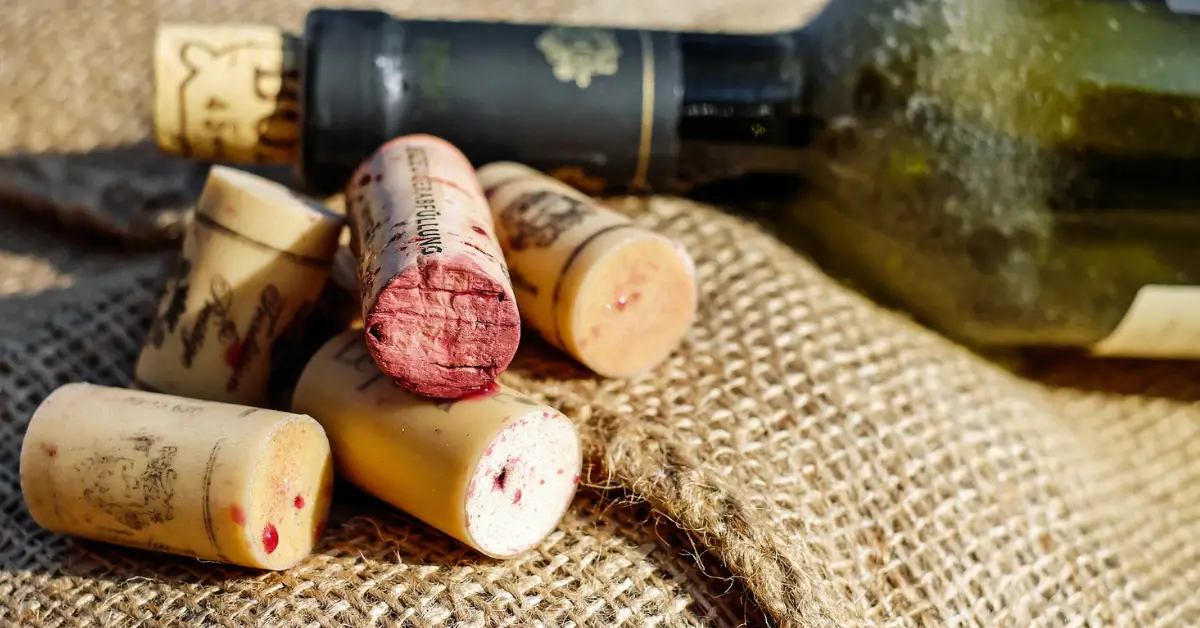Despite trying to limit the amount of food waste we produce in our household, there is usually some pesky item that goes unnoticed in the refrigerator and turns moldy. Deciding whether we can compost a moldy item depends on our method of composting AND the type of food it is. Generally, we can pop moldy plant-based items into the standard composting pile. But moldy meat and dairy products are a big ‘no’. The same applies for a worm bin. But be warned, they will happily munch on a bit moldy carrot – but if it strays into the ‘rotten’ territory they will turn their noses up at it! Here, we take a closer look…
Firstly, what even is mold?
Mold is a fungus that grows on different types of decaying organic matter. It can pop up on all sorts of items – anything that is moist and warm provides perfect conditions for it to grow. Mold loves fruit and veg! They can have a really high water content, making them an ideal location for mold to grow.
There are lots of different species of mold. But it, typically, has a fluffy or fuzzy texture and can be green, white, black or grey in color. You will also perhaps notice that the food item may have changed as well. For example, a moldy apple will be softer than usual and perhaps have changed color a bit too.
Standard composting and mold
Composting is a great way to divert any food scraps from the landfill pile. Whether you only have space for a small countertop one in your apartment or have a massive pile in your backyard, every little helps. You will reduce your carbon footprint and produce some nutrient-rich fertilizer in the process.
Generally, composting moldy fruit, veg and anything plant-based will be fine. The mold will actually aid the decomposition process! Just make sure it is mixed in with the existing pile, not just lying on top. Ideally, the closer to the middle the better. Here the highest concentration of microbes can be found and the temperature at its highest – providing perfect conditions.
Moldy animal-based food products such as meat and eggs are a different story when it comes to standard composting. The EPA advise against adding (even non-moldy) meat and dairy produce, such as yogurt, to the home compost pile. They can create a foul odor when decomposing and attract animals looking for some dinner. In addition to this, the mold that is associated with meat and dairy produce is more hazardous to humans than the mold that forms on/in fruit and veg.
Worm bin composting and mold
As with standard composting, avoid adding moldy meat and dairy produce. The worms will be happy enough to chomp on plant-based moldy foods though. In fact, it is noted that they might even prefer their food to be a little decomposed. But you should beware – they only like a certain level of mold. If the food is actually rotting, the composting worms will actively avoid it. And who can blame them?!
The food is not good to them, it has no real nutritional value. They will bypass it and it will be left – attracting other wildlife to come for a feast. Food that is too moldy can also be dangerous for composting worms. Rotten food lacks oxygen (it is anaerobic). If the worms eat too much of it, or there is simply too much in your bin, they can actually suffocate.
Bokashi composting and mold
Although Bokashi isn’t strictly composting, it is a method used to begin the process of food scrap disposal. It is particularly useful if you have food scraps such as meat, eggs or yogurt. The United Stated Environmental Protection Agency (EPA) advise against composting these in the standard way – the compost pile can get pretty smelly when you add these and attract the local wildlife. These can be added very easily to the Bokashi bin.
In a nutshell, it involves the fermentation of food into a material known as ‘pre-compost’. This is not the finished product, it then must be buried in the garden or added to an existing standard composting pile.
Bokashi Living, recommend against adding moldy food to your bin. In theory, if the bokashi process is followed to the letter then the microbes used will be-able to ‘out-compete’ food molds. However, with the risks associated with some moldy foods (e.g., meat) they recommend to err on the side of caution and avoid all moldy foods. Better safe than sorry!
The bottom line
Moldy plant-based food items can be added to the standard composting bin – after all, mold is one of the first stages in the decomposition process. However, things get a little bit more complicated if you are composting with worms. The worms won’t mind a little mold, but if the food is rotting it will decrease significantly in nutritional value and it simply won’t appeal to them. Clever little things! If the Bokashi bin is your disposal method of choice, moldy food is best avoided. Our advice? Try and use up your food before it gets moldy! Here are some tips to help.







